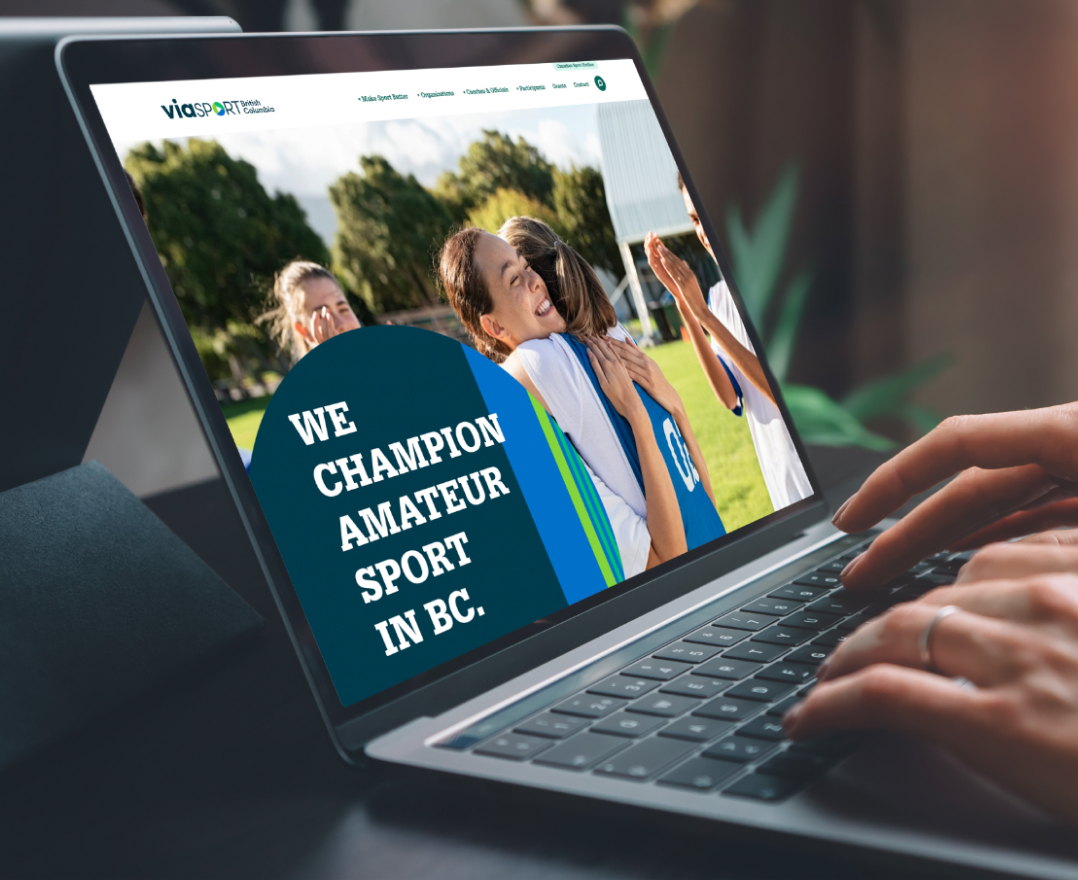Amiel Flett-Brown: Paving Pathways for Indigenous Athletes
Jun 20, 2024

This feature is part of a series of stories to highlight the sport journeys of Indigenous athletes in British Columbia, as part of viaSport’s commitment to Truth and Reconciliation.
Keep an eye out for our next Indigenous athlete profile, as we continue to speak with and learn from Indigenous athletes in our sport community.
—
Through giving back to his community at a local bike shop in Vancouver, Amiel Flett-Brown quickly found himself enamoured by the sport of cycling.
“I became interested in cycling in a roundabout way through skateboarding and building bikes at Our Community Bikes in Vancouver,” says Amiel. “I started cycling as a means of connecting to the land and exploration.”
As an Indigenous athlete, Amiel has stayed true to his roots and heritage throughout his life. His grandfather, who was Swampy Cree and Red River Metis, was a big influence in his life. Similarly, his mother instilled values of interconnection and intergenerational relationships.
“I felt safe with family and my Indigenous community in my Indigenous roots. I went to an alternative school and was raised in a creative community,” he says. “Although, within mainstream sports, I often did not feel seen or heard or valued. Coming to this environment with different world views has been tough. But that hasn’t stopped me.”
Amiel rode his bike to and from school every day, which turned into longer rides after school and on weekends. Eventually, he was connected with the Aboriginal Youth Cycling program and the Urban Native Youth Association. As Amiel’s confidence grew, so did his skills – with help from his coach, he travelled with Cycling BC to the National Track Cycling Championships. He soon started making the podium.
Sport quickly became an integral part of Amiel’s life. As his cycling training intensified, he not only gained physical strength, but also mental strength.
“Sport can be a really good space to explore and test your critical thinking, self determination and ability to stay in the moment,” he says. “Cycling is a tough sport – you generally lose more than you win. But it’s incredibly rewarding when you see improvement or create moments of being fully present with your senses. Voluntarily participating in something that challenges us is powerful.”
Results don’t sit at the forefront of Amiel’s goals in sport. For him, choosing a goal that is daunting and committing his entire spirit to doing his best is rewarding – regardless of the outcome. He learned how to cope with pressure and stay focused in the moment.
“I remember one of my first races with the National Team. I was sick leading into the race, benched, and not sure if I would even race. I had ridden the track once that week, but that was it,” says Amiel. “So, when I was called up to ride, somehow I was able to just stay present in the moment and listen to my intuition. Once I let go of what I couldn’t control, I almost knew we were going to ride well. We ended up medaling at a World Cup.”
Being an Indigenous athlete is a title Amiel holds with pride. He carries his heritage with him to all of his training sessions and races and hopes to make a difference. “There aren’t many Indigenous racers right now. So, whenever I’m going through a rough patch, I remind myself that I’m holding a space for someone after me.”
Last year, Amiel started a new project: the Pathfinders Project, an Indigenous-led cycling team for underrepresented riders of all levels. Throughout his journey in sport, he was able to have incredible support from coaches, friends and family. Amiel wants to create a support system for athletes with similar backgrounds.
“The name of the project comes from someone I admire. They said, ‘I don’t believe in pathways, both in sport and in life. There aren’t any real pathways. You just have to go out there and make your own,’” says Amiel. “I believe with the right intention and creativity, there’s always a path. It’s just not always the path that’s advertised as the way!”
Amiel is eager to see what the future has for Indigenous athletes in sport. He hopes to see more athletes of all ages and abilities get involved.
“Sport is about skill and intuition. The key to thriving in sport is seeing sport for what it is: opportunities to grow. Challenge is going to get the best out of you when you’re not sure if you can succeed,” says Amiel. “It’s good to be a little bit uncomfortable. Goals are for training, process is for performing. Don’t be so hard of yourself – trust your gut and your unique path.”
